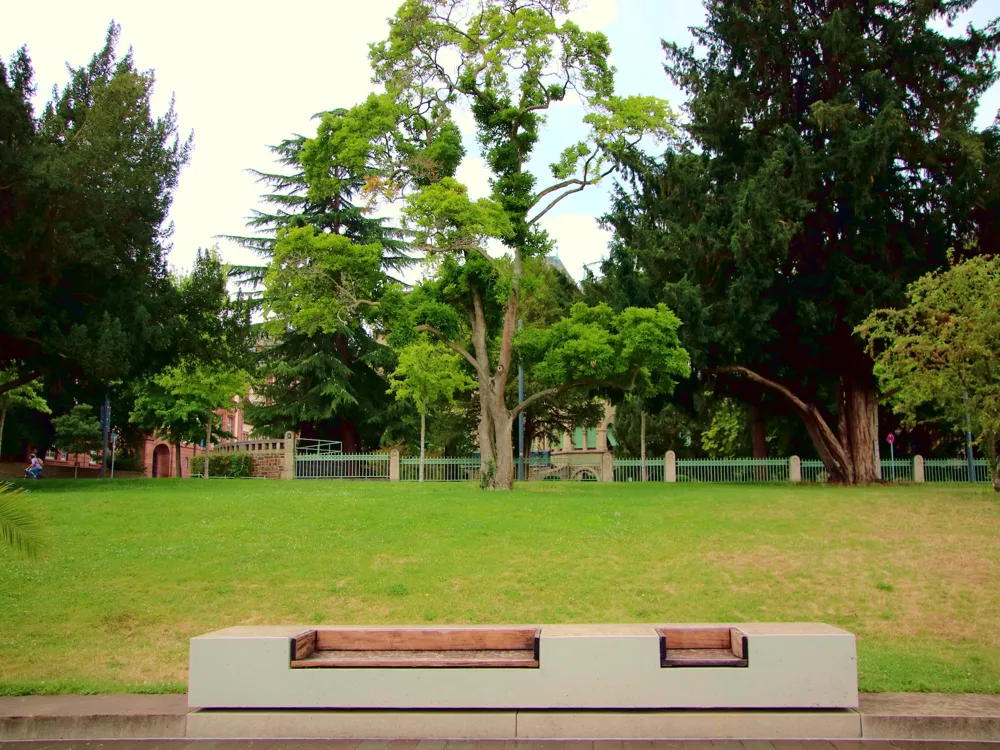The Daulashal Temple, nestled in the serene landscape of Nalbari, Assam, is a beacon of spirituality and cultural heritage. This ancient temple, steeped in history, is not just a religious site but also a testament to the rich cultural tapestry of Assam. The temple, dedicated to Lord Krishna, attracts thousands of devotees and tourists every year, drawn by its spiritual significance and the tranquility it offers. The origins of the Daulashal Temple trace back centuries ago, making it a significant historical site. According to local lore, the temple was established by a devout follower of Lord Krishna, who was guided by divine intervention. This adds a layer of mystique and devotion to the temple, making it a revered site for pilgrims. Over the years, the temple has been a witness to the evolution of the region, standing as a silent testimony to the changing times while maintaining its spiritual essence. The annual festivals held at Daulashal Temple are a vibrant showcase of Assamese culture and religious fervor. These festivals, marked by rituals, traditional music, and dance, not only embody the religious spirit of the temple but also serve as a confluence of different communities. The temple thus plays a pivotal role in upholding cultural and social harmony in the region. In contemporary times, Daulashal Temple has emerged as a must-visit destination for those exploring the spiritual landscape of Assam. The temple's blend of spiritual aura, historical significance, and cultural richness makes it a unique and enchanting experience for visitors. The architecture of Daulashal Temple is a magnificent representation of the Assamese architectural style, blending spirituality with artistic grandeur. The temple, primarily constructed from locally sourced materials, stands as an example of sustainable and contextually relevant architecture. The main shrine of the temple, housing the idol of Lord Krishna, is an architectural marvel. Its design follows the traditional 'Nilachal' style, characterized by a beehive-shaped shikhara (spire). This shikhara is not just a visual delight but also symbolizes the ascending spirit towards the divine. The intricate carvings on the temple walls depict scenes from Hindu mythology, particularly the life of Lord Krishna, adding a layer of storytelling to the structure. The temple complex also includes ancillary structures like prayer halls and community spaces, each contributing to the temple's functionality and aesthetic appeal. The use of natural materials and the harmonious blend with the surrounding landscape make the temple a fine example of eco-friendly and context-sensitive architecture. The craftsmanship displayed in the temple's construction is a testament to the skill and artistry of the local artisans. Every element of the temple, from the grand spire to the smallest carvings, reflects a deep understanding of both art and devotion, making the Daulashal Temple a masterpiece of religious architecture in Assam. Visitors are advised to dress modestly, respecting the temple's religious sanctity. Traditional or conservative attire is preferred. Photography may be restricted in certain areas of the temple. Always ask for permission before capturing photographs. Participate in the temple rituals with respect. It is important to follow the customs and practices while inside the temple premises. The ideal time to visit Daulashal Temple is during the cooler months, from October to March when the weather is pleasant. Engaging with local guides can enrich your visit, providing insights into the temple's history and cultural significance. Daulashal Temple, located in Nalbari, Assam, is accessible through various modes of transportation. The nearest airport is Lokpriya Gopinath Bordoloi International Airport in Guwahati, which is well-connected to major cities in India. From the airport, visitors can hire taxis or take buses to Nalbari, which is approximately a 2-hour drive. For those preferring train travel, Nalbari has a railway station with good connectivity to major cities. From the railway station, local transport options like taxis and auto-rickshaws are available to reach the temple. The temple is also accessible by road, with well-maintained roads connecting Nalbari to other parts of Assam and neighboring states. Regular bus services from major cities and towns to Nalbari make it convenient for visitors to reach the temple. Read More:Overview of Daulashal Temple, Nalbari, Assam
Architecture of Daulashal Temple
Tips When Visiting Daulashal Temple
Dress Appropriately
Photography Guidelines
Respect the Customs
Best Time to Visit
Local Guides
How To Reach Daulashal Temple
Daulashal Temple
Nalbari
Assam
NaN onwards
View nalbari Packages
Nalbari Travel Packages
View All Packages For Nalbari
Top Hotel Collections for Nalbari

Private Pool

Luxury Hotels

5-Star Hotels

Pet Friendly
Top Hotels Near Nalbari
Other Top Ranking Places In Nalbari
View All Places To Visit In nalbari
View nalbari Packages
Nalbari Travel Packages
View All Packages For Nalbari
Top Hotel Collections for Nalbari

Private Pool

Luxury Hotels

5-Star Hotels

Pet Friendly






















